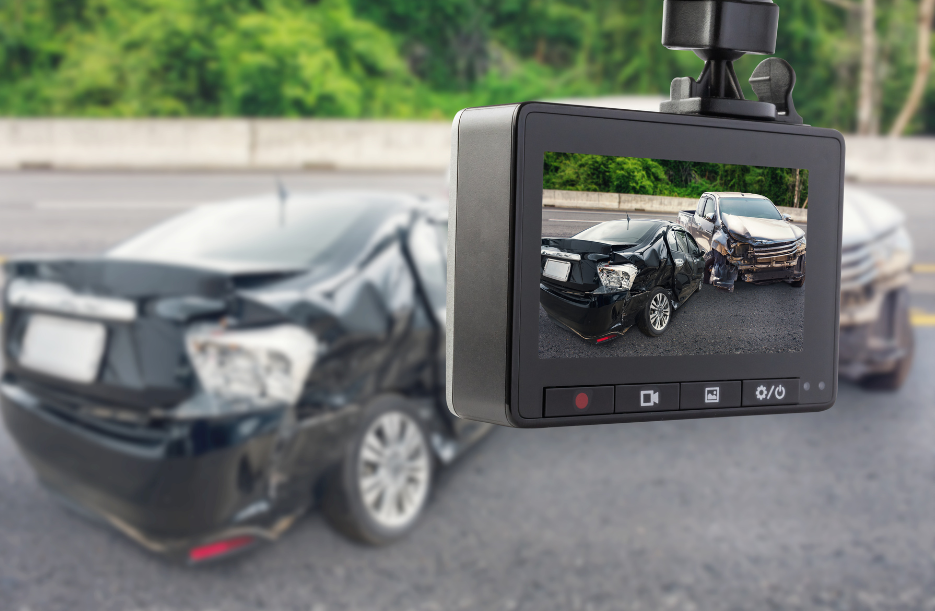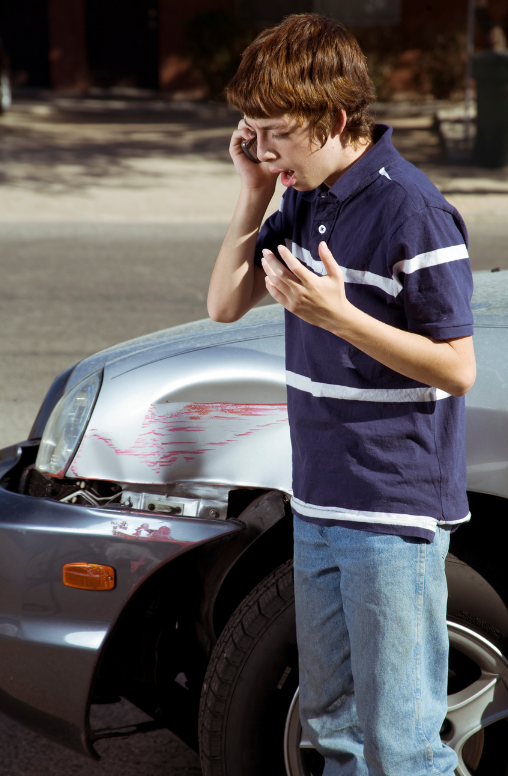Dash Cam Uses: What You Can Really Do with a Dash Cam in 2025
What Can You Actually Do with a Dash Cam?
Wondering what a dash cam is really good for? In 2025, these compact cameras have become an everyday essential for drivers, far beyond just recording accidents.
In short: A dash cam can prove what really happened, protect your loved ones, and even capture the moments that make life on the road memorable. Let’s explore the most practical and surprising dash cam uses, and how they can make your time behind the wheel safer, simpler, and smarter.
Key Takeaways
- Accident documentation: Get time-stamped, reliable video for insurance and legal claims.
- Safer roads: Report reckless drivers with proof, not hearsay.
- Family peace of mind: Monitor teen drivers to build safer habits.
- Memories on the move: Capture road trips, laughs, and unexpected moments.
- Smart protection: Modern dash cams offer night vision, motion alerts, and mobile access for 24/7 coverage.
Top Dash Cam Uses for Everyday Drivers

1. Document Accidents with Confidence
When an accident occurs, having clear video footage from your dash cam removes doubt about what really happened. This small camera mounted on your dashboard or rear view mirror provides video evidence that helps resolve legal disputes, verify insurance claims, and prevent fraudulent claims.
Whether another driver cuts you off or rear-ends your vehicle, your dash camera records every detail, from the license plates to driving behavior and speed. That’s proof your word alone can’t match.
A 2024 AAA survey found that dash cam footage helped settle nearly 60% of disputed insurance claims within days, giving drivers faster resolutions, fewer arguments, and real peace of mind when the unexpected happens.
2. Make Roads Safer by Reporting Reckless Driving
We’ve all seen it, tailgating, road rage, or someone weaving through traffic. Without recorded footage, most reports go nowhere.
Dashboard cameras empower responsible drivers to gather evidence of reckless driving and share it with police officers or emergency services. Many cities now accept digital submissions, so video evidence from modern dash cams can directly support investigations.
By holding other drivers accountable, you’re contributing to safer driving conditions for everyone, turning your small camera into a tool for safer roads and responsible driving.
3. Monitor Teen Drivers with Empathy (Not Control)

Your teen’s first solo trip can feel like a leap of faith. Dash cams help bridge that gap, offering insight, not surveillance.
Parents can review record footage of their teen’s driving behavior, use it for constructive feedback, and encourage safe driving habits. The CDC reports that drivers aged 16-19 are three times more likely to be involved in a car accident than any other age group.
When teens know a camera is recording, they naturally practice responsible driving, staying off their phones, following speed limits, and focusing on the road ahead. It’s an easy, non-invasive way to keep your family safer.
4. Capture Life’s Unexpected Moments
Americans spend nearly 100 minutes a day in their cars, and sometimes the best memories happen between destinations. Your dash cam isn’t just about safety, it’s about capturing the journey.
Creative dash cam uses include:
- Recording road trips or scenic drives from your rear camera and rear window.
- Saving spontaneous, heartwarming, or funny moments with family or friends.
- Creating time-lapse recordings of your commute using your dash camera’s advanced features and app connectivity.
Whether it’s a breathtaking view or a car singalong, your video footage preserves those moments — proof that a small camera can capture big memories.
5. Add Always-On Security to Your Vehicle
Modern dash cams offer more than just video recording. With parking mode, motion detection, and gps tracking, they act like a 24/7 security system for your parked car.
Even when the engine is off, most dash cams can record footage if movement or impact is detected, powered by your car’s electrical system, fuse box, or an external car battery. Some models can even be hardwired directly for seamless operation.
If another vehicle bumps yours or someone tampers with your car, your dash camera provides immediate video evidence and mobile alerts through app connectivity. That’s added security, peace of mind, and proof when you need it most, all from a small price device that’s easy to install and maintain.
Should You Get a Dash Cam?
Dash cams aren’t legally required or automatically tied to insurance discounts, but they are one of the smartest safety investments you can make.
They give you proof when it counts, peace of mind for your family, and extra protection every time you hit the road.
Once installed, most models are easy to use, connect directly to your phone, and offer smart features like night vision and auto-recording.
If you’re ready to find the right dash cam for your car or family, contact the BrickHouse Security team. We’ll help you choose a trusted, professional-grade model, and back it with real human support before and after your purchase.
FAQs: Dash Cam Uses & Common Questions
Are dash cams legal in the U.S.?
Yes, dash cams are legal in all 50 states, though there are some restrictions. Most states regulate windshield placement, audio recording, and how footage can be used if other drivers or license plates are visible. To stay compliant, mount your small camera behind or near your rear view mirror and review your state’s privacy laws.
Do dash cams lower car insurance?
Some car insurance providers offer discounts or faster insurance claims for verified dash cam users. While not all companies have programs yet, adoption is expanding in 2025. Reliable video evidence can also protect you from fraudulent claims and insurance fraud, potentially keeping your insurance rates lower over time.
Can dash cams record when the car is off?
Yes. Many modern dash cams include parking mode or motion detection, allowing them to record footage when your vehicle is parked and the ignition is off. These systems draw power from your car battery, fuse box, or a dedicated power source like a hardwire kit or USB port, offering around-the-clock protection for your parked car.
What’s the best dash cam for parents?
Parents should look for dual dash cams or dashboard cameras with GPS tracking, rear cameras, and app connectivity. These features let you check your teen’s driving behavior, location, and overall safe driving habits in real time, all while promoting responsible driving rather than surveillance. BrickHouse Security offers family-focused dash cams with easy setup and expert support.
Can dash cam footage be used in court?
Yes, dash cam footage is typically accepted as video evidence in legal disputes or insurance claims, provided it’s time-stamped, unaltered, and recorded legally. Courts often rely on dashboard camera recordings to establish what happened before, during, and after a car accident, making your dash cam an invaluable witness.
How much storage do I need for a dash cam?
A 64GB memory card (or microSD card) can store about 6–8 hours of HD video. Most dash cams use loop recording, automatically overwriting the oldest footage to save space. If you record long drives or road trips, consider a 128GB card for extended storage and better video quality.
Do dash cams work at night?
Absolutely. Modern dash cams come with infrared night vision, low-light sensors, and enhanced audio quality, ensuring clear video recording even in dark or low-visibility conditions. These advanced features help capture important details like license plates and other vehicles during nighttime accidents or unexpected events.
What’s the difference between a front and a dual dash cam?
A front dash cam records the road ahead, ideal for documenting accidents and other incidents involving other drivers. A dual dash cam, on the other hand, adds an interior or rear camera, giving a complete picture of both the driver’s actions and rear traffic, perfect for families, rideshare drivers, or fleet vehicles needing full coverage.
Posted by Todd Morris on Nov 7th 2025

